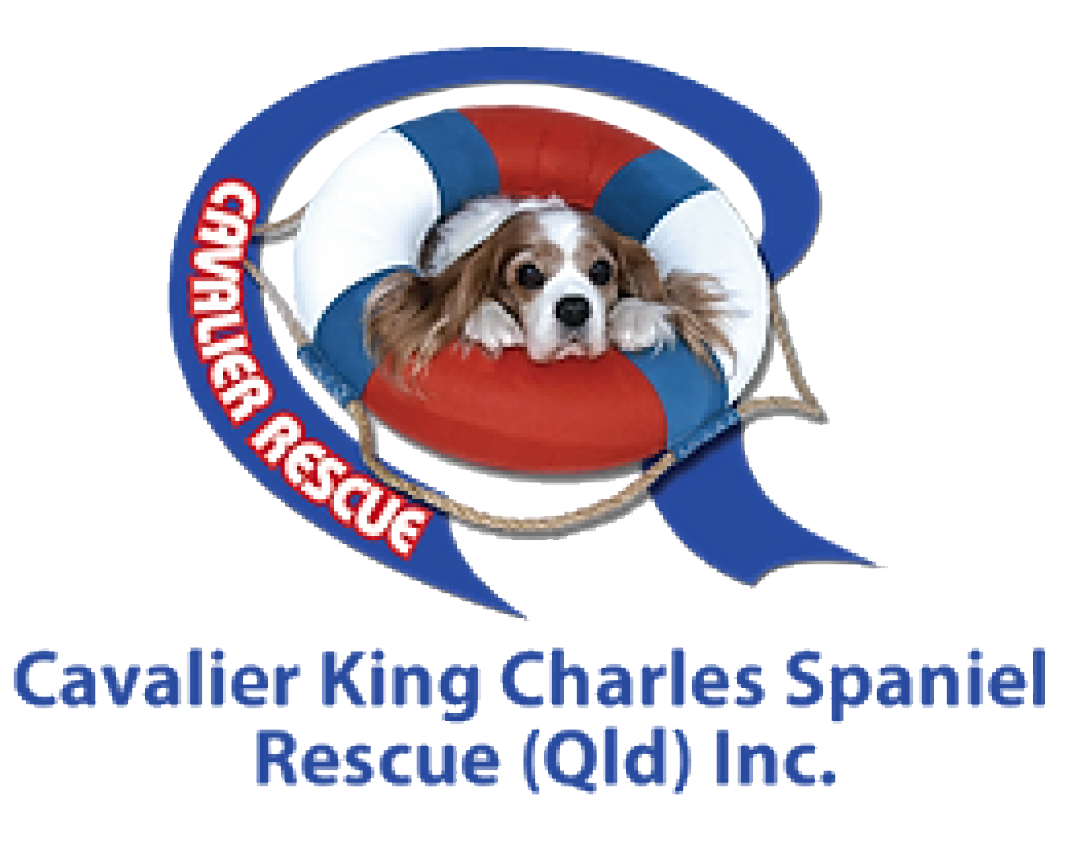Cavalier Health: Things to Know
Health Challenges
Cavalier King Charles Spaniels are prone to a number of health issues. The most common 8 are listed below:
1. Heart conditions (Mitral Valve Disease)
Mitral Valve Disease or MVD as it is commonly referred to is a progressive heart condition where the mitral valve weakens. This leads to a heart murmur and potentially heart failure. Learn more about Mitral Valve Disease. Once this disease is diagnosed the Cavalier King Charles Spaniels require specialised daily medication, as well as regular check-ups with a Cardiologist. Various surgery options are available through specialised Cardiologists like those at Veterinary Cardiologist Australia under the guidance of Dr Brad Gavaghan and Dr Fiona Myers.
2. Episodic Falling (EF)
Episodic falling is a condition that is unique to Cavalier King Charles Spaniels. The Cavaliers muscles stiffen which causing the dog to fall or collapse. This condition requires medication from your Veterinarian.
3. Hip Dysplasia
Hip dysplasia is an inherited condition where the hip joint doesn't develop properly. This causes arthritis and pain.
4. Syringomyelia (SM) & Chiari-like Malformation (CM)
Both Syringomyelia and Chiari-like Malformation are neurological conditions where the skull is too small for the brain. This causes a build-up of fluid around the spinal cord and brain which leads to pain and neurological symptoms. This condition is often managed by a Veterinary Neurologist Neurosurgeon for medication and surgical options.
5. Patellar Luxation
A patellar luxation is a condition where the kneecap dislocates or moves out of place. This is very painful and often requires surgery and monitored long periods of rest to recover. This is exacerbated when the Cavalier is overweight.
6. Eye Problems
Cavalier King Charles Spaniels often suffer from various eye conditions. These include cataracts, dry eye, and progressive retinal atrophy (PRA). These conditions require specialist appointments with a Veterinary Ophthalmologist who can prescribe specific medications, often eye drops. These condition can lead to blindness.
7. Ear Infections
Although their long, floppy ears are adorable they can lead to poor drainage. Cavalier King Charles Spaniels are prone to ear infections and inflammation. If untreated or prolonged, this can lead to deafness. This condition can initially be managed together with your Veterinarian, however in a lot of cases it is escalated to a Veterinary Dermatologist.
8. Obesity
Obesity is not specific to the Cavalier King Charles Spaniel breed, it is often common in these dogs. This is due to the many other health problems in Cavaliers like joint issues and heart conditions. It is essential that the diet of Cavaliers is monitored closely to ensure weight gain and obesity does not eventuate.
Yearly Health Schedule for Cavaliers
The below is highly recommended schedule to follow to help give your Cavalier King Charles Spaniel a healthy life.
Annual Vet health check:
It is important that your Cavalier has annual health check with your vet. Part of the annual check-up should include examination of heart, joints, ears, eyes, teeth, skin, lumps, anal glands (these may need extracting).
Yearly Vaccinations:
Your Cavalier requires protection from many diseases, worms, fleas and ticks. However what your dog needs depends on where you live (suburb, rural, tropics etc.) and what is in your environment. We recommend researching and discussing it with your Veterinarian. Some of the common preventions include the below:
C5 vaccination (Every 3 years). The C5 vaccination protects dogs from five common and potentially diseases, these are: 1) Canine Distemper, 2) Canine Adenovirus-2 (hepatitis), 3) Canine Parvovirus, 4) Parainfluenza and 5) Bordetella Bronchiectasis (kennel cough). This is essential as this disease can be spread through the air. It is also a requirement if you ever go on holiday and place your Cavalier in a dog hotel or kennel.
Proheart heartworm prevention vaccination: This vaccination prevents cardiopulmonary dirofilariosis which is a mosquito-borne parasitic disease caused by dirofilarial immitis (heartworm).
All wormer: There are many products available, discuss with your Veterinarian. Depending on what product you use, this can be required every three months (some products are monthly). An all wormer protects dogs from intestinal worms, including roundworms, hookworms, tapeworms and whipworms.
Flea and tick prevention: This can be in the form of a vaccination or a pill). Depending on the products used. This vaccination (or Prevents against fleas and ticks including paralysis ticks).
Diet:
To elongate your Cavaliers life and do your very best to minimise health challenges, it is vital that you provide your Cavalier with a high quality food. At Cavalier King Charles Spaniel Rescue Queensland we provide our rescue dogs in foster care with a BARF diet. However sometimes the digestive system of our senior dogs are compromised and they do not always tolerate this diet. As a Cavalier parent it is important that you research a healthy diet for your dog.
Some brands we use including Canine Country, Proudi, Raw 4 Paws and Organic Paws, Prime 100, Absolute Holistic Air Dried, Ziwi Peak, Kiwi Kitchens, Our Patch, Woof Freeze Dried Dog Good. Other reputable brands we use include: 5 Hounds by Dr Will, Big Dog Pet Food, Lyca, Bugsy’s and meat and bones from our local butchers. We recommend supporting our long-time supporter Kelly Davidson from The Curious Dog & Raw Health 4 Dogs. She has a shop in Tweed Heads and offers delivery.
Poisons:
Be aware of your environment as dogs are susceptible to chemicals used in your daily cleaning routine as well as poisonous plants and animals in your garden. In cane toad areas, if you have an outside water bowl for your dog, put it up high or take it inside each night to prevent toads from getting into it and contaminating it. Learn what is Poisonous to Dogs.
